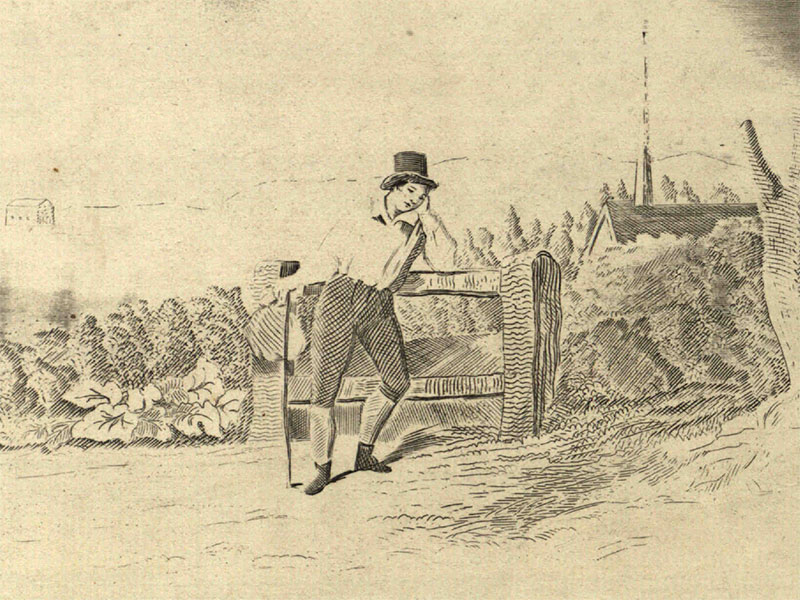Laments and longing: folk music and emigration
Music can evoke memories, transporting us to another time and place.
Migration and music are intrinsically linked, mirroring the movement of people from place to place and country to country. Musical styles have been influenced by migration, with communities telling their migration stories through music.
This blog looks at how folk music has reflected migration, introducing examples from Ireland, Greece and Portugal.
Lament of the Irish emigrant
Emigration for economic, political and social reasons has been a part of Irish life throughout the 19th and 20th centuries. People left Ireland largely for other English-speaking countries such as United Kingdom, United States, Australia, Canada with smaller numbers settling in other countries like Argentina, India and European nations.

Hundreds of folk songs express the sentiments of those who left Ireland through lyrics put to the air of traditional songs, taken by emigrants as they crossed the seas.
Some reference events in the country’s turbulent history, such as The Great Famine and British rule; others are very personal, speaking of loved ones, childhood memories and the glorious Irish landscape.

On Europeana, you can listen to A Stór Mo Chroí, I’m Leaving Tipperary, Cliffs of Doneen, The Arranmore Disaster – all of which are on the theme of migration.

Xenitia: Greeks abroad
As many Greeks migrated to seek their fortune in other countries, migration is a common theme in Greek folk songs also.
Songs dating to the period of the Ottoman rule contain lyrics full of melancholy, reflecting the deep sorrow and the great pain of the person who is leaving, and also of those that stay behind.
The protagonist of these songs is always a man, unfolding an often tragic tale: as most migrants were expected to never return, moving away was considered an equivalent to death. In many of these songs migrants are compared with migratory birds, vulnerable travellers.
On Europeana, you can hear these songs Ξενιτεμένο μου πουλί and Ξένος κι αν πάει στην ξενιτιά.
The songs also express the feelings of the people that remain behind. The mother appears in many songs – however this is not the case for the wife. Thus, the songs have a strong patriarchal connotation.
No word features more often than xenitia (Ξενιτιά), which could be defined as “becoming a stranger” or “abroad-ness”, with all the cultural implications that might have.
Saudades: Portuguese longing
Musical genre fado has become famous as a symbol of Portugal.
From its origins in the early 1800s, fado music and lyrics have been associated with sadness, melancholia and remembering. The mournful music, often about the sea or the life of the poor, express feelings of nostalgia and longing.
Emotions surrounding emigration are in keeping with these themes.
On Europeana, you can listen to the song Fado do Emigrante, sung by António Menano, which exemplifies this. The lyrics describe the feelings of leaving the land where the singer was born, and the emotional reaction to distance and homesickness.
Adeus terra onde eu nasci
E onde vivi tão feliz
Adeus olhos que dizeis
Coisas que a boca não diz
Goodbye land where I was born
And where I lived so happy
Goodbye eyes that you say
Things the mouth doesn’t say
Singer, António Menano, was one of the best known and most famous singers from Coimbra, in particular as his music was recorded.
Menano himself spent some of his life outside Portugal – working as a doctor in Mozambique from 1993 onwards. He returned to Portugal 28 years later.
In these three examples, we see how music and migration both influence and inspire each other, and how the rhythms and movement of people is reflected in the lyrics and notes of folk music across Europe.
This blog post is a part of the Migration in the Arts and Sciences project, which explores how migration has shaped the arts, science and history of Europe.
Feature image: The lament of the Irish emigrant, Mrs. Price Blackwood [Lady Dufferin], Irish Traditional Music Archive, Public Domain


